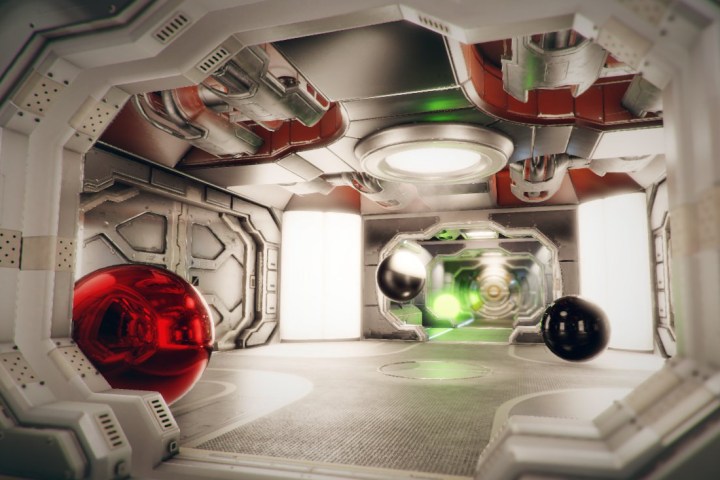
Introduced earlier in 2016, Vulkan is fast, enabling up to 60 percent better rendering performance in the Unity engine. It takes the multiple processor cores and threads and has them work in parallel to prepare and optimize the work done by the graphics chip. With Unity, developers get the benefits of the Vulkan API without having to know Vulkan’s specifics. Ultimately, developers have the ability to control and optimize hardware resources using Vulkan to create faster and better visuals in their games.
In addition to providing support for Vulkan, Unity 5.6 Beta supports Google Daydream and Google Cardboard, the former of which is Google’s new virtual reality platform built into the latest version of Android. Unity Technologies said that it integrated Google’s Daydream native development kit (NDK) into Unity to take advantage of Daydream’s asynchronous reprojection and virtual reality performance modes.
“We have also made it easy to switch in and out of VR mode so that your applications can easily expand to the Google VR audience,” the company said on Thursday. “You can also have your application target Google Cardboard with native support. Applications which target Cardboard will work on older devices so you can reach as many users as possible. At this time, Cardboard support is exclusive to Android with iOS Cardboard support coming soon.”
Also thrown into the beta is support for Facebook Gameroom. This is the social network’s attempt to spin off its games into a separate, Windows-native client just like it did with Messenger. However, the benefits of Facebook Gameroom is that not only can users play web-based games in a separate app, but high-quality titles developed exclusively for the platform.
With Facebook Gameroom support baked into the Unity engine, developers can take advantage of the native power provided by the processor and graphics chip. They can also develop games for the Facebook website by using Unity’s built-in support for the WebGL API. The engine provides everything developers need to create games with specific Facebook features, such as the ability to share content with friends and making in-app purchases.
Overall, Unity 5.6 Beta arrives with an improved editor, a physically based rendering material validator, support for Metal Compute for both iOS and MacOS, and a new function allowing designers to draw many instances of the same mesh using an instanced shader. The engine also provides an improved 2D game development workflow, a new video player with 4K playback and 360-degree support, new features for Unity Collaborate, and loads more.
With the release of Unity 5.6 Beta arrives the EditorVR tool as well. Available now and free to use, it enables developers to create VR experiences within virtual reality. The current version provides the means to start building a scene in VR, make tweaks to existing VR scenes, make adjustments to components, and build custom VR tools.
“There is so much more we’re looking to add, but we think that enough of the foundation is there that we no longer want to hold this out from the community,” the company said.


